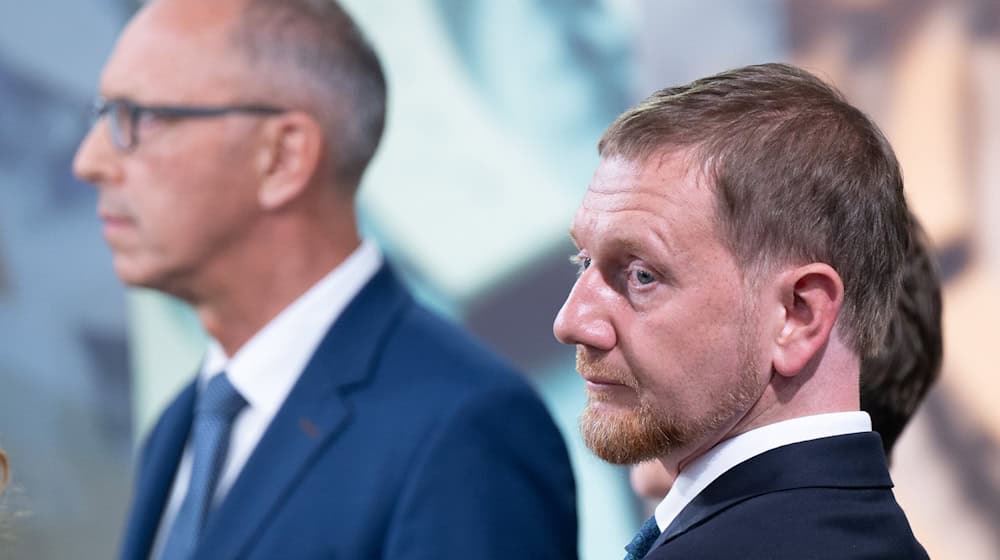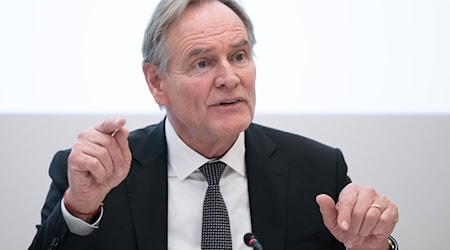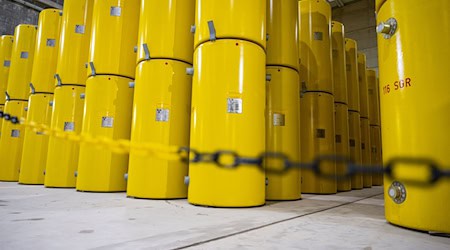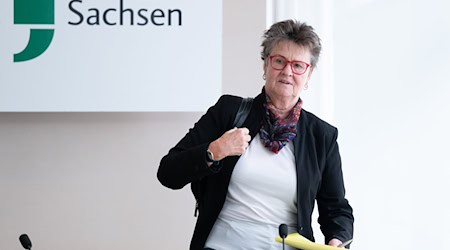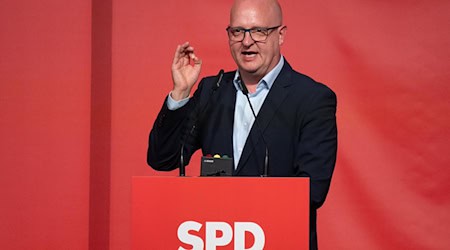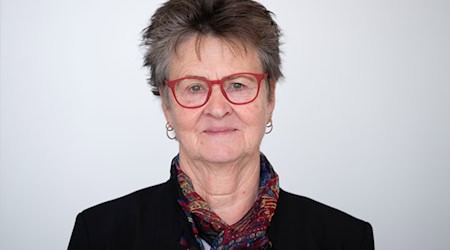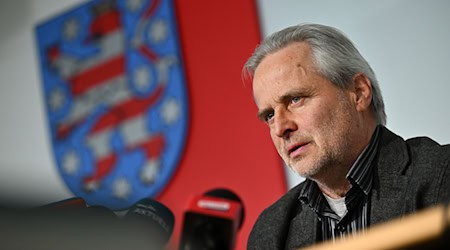Several East German CDU politicians have spoken out in favor of reconsidering how to deal with the AfD. The parliamentary group leader in the Thuringian state parliament, Andreas Bühl, told the "Bild" newspaper: "If a law that was found to be correct based on objective considerations and after democratic deliberation also meets with approval from the political fringes, that is no reason to revise it." Those who base their policies solely on who approves of them are confusing morality with politics.
Criticism of the handling of the AfD
The parliamentary group leader in neighboring Saxony, Christian Hartmann, told the newspaper that the CDU must "find its own position beyond all firewall debates and then implement it consistently". Saxony's CDU General Secretary Tom Unger criticized that the way in which all other parties had dealt with the AfD in recent years had not led to it becoming weaker.
Kretschmer considers hiding behind firewalls to be wrong
Saxon CDU leader and Minister President Michael Kretschmer also suggested a rethink regarding the AfD on the ARD programme "Maischberger" this week. "The really important thing is that we talk about the reasons why people vote for this party. Like the question of why they doubt democracy," he said. "Hiding behind a firewall" would not get Germany any further. "We must now talk about the problems of this country, which are right on our doorstep."
Member of the Bundestag Ludwig: Allow majorities for motions
Brandenburg CDU member of the Bundestag Saskia Ludwig also called for a different approach to the AfD. "That means first granting it democratic rights such as committee chairs and vice presidents. That already exists in the federal states." It is not about a coalition, "but about allowing majorities for good proposals".
A debate about how to deal with and cooperate with the AfD flared up again in the CDU/CSU at the beginning of the week. Formerly influential CDU politicians, including former CDU Secretary General Peter Tauber and former Defense Minister Karl-Theodor zu Guttenberg (CSU), spoke out in favour of relaxing the firewall against the AfD. The CDU and CSU party leaderships categorically reject such considerations.
AfD: firewall is a "mockery of the will of the voters"
The AfD parliamentary group in the Saxon state parliament described the firewall as a "mockery of the will of the voters". "Two thirds of Saxons want a bourgeois-conservative political turnaround. However, as long as the CDU sticks to its coalition agreement with the SPD, which rules out a search for parliamentary majorities with the AfD, it is making itself dependent on the left-wing bloc," explained party and parliamentary group leader Jörg Urban.
On Sunday and Monday, the CDU leadership will discuss the issue at a closed meeting in Berlin - especially with a view to the five state elections next year. These include two in eastern German states - Saxony-Anhalt and Mecklenburg-Western Pomerania - where the AfD is now by far the strongest party in polls with figures of around 40 percent.
Merz: "We are the firewall"
Federal Chancellor Friedrich Merz reiterated earlier this week: "We are the firewall. We are the Union that ensures that this phenomenon does not continue to grow," he said during his inaugural visit to Brandenburg. "And that is the task to which I, as party chairman of the CDU, really feel committed with the fullest and deepest conviction."
The debate is not new. In January, the CDU tried to push through a tightening of migration policy in the Bundestag. A motion only achieved a majority because the AfD also voted in favor. Merz later expressed regret about this. Following the federal party's incompatibility resolution from 2018, the CDU rejects coalitions and similar forms of cooperation with the AfD and the Left Party.
Copyright 2025, dpa (www.dpa.de). All rights reserved

